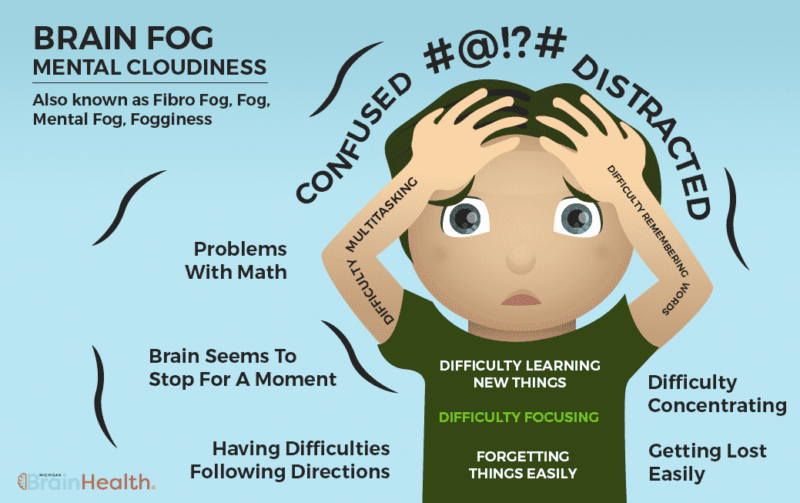What Causes Brain Fog And Lightheadedness
Brain Fog is a common condition that affects people regardless of age and gender. It is a state of mental confusion, lack of focus, and forgetfulness that can be frustrating and scary at times. The condition can last for hours or even days and is often associated with other symptoms such as fatigue, restlessness, and anxiety. There are a lot of theories about what causes brain fog, but no clear answer has emerged yet. In this article, we will explore what we know so far about brain fog, its causes, and some possible solutions.
The Characteristics of Brain Fog

The symptoms of brain fog are not always clear-cut, and they can vary from person to person. However, some common characteristics of brain fog include mental fatigue, difficulty concentrating, forgetfulness, and lack of focus. People with brain fog often describe feeling like they are in a fog or haze that clouds their thinking and makes it hard to focus on tasks. Other symptoms of brain fog may include confusion, irritability, and mood swings.
Causes of Brain Fog

The causes of brain fog are still being studied, and experts have not yet come to a definitive conclusion. However, some possible causes of brain fog include lack of sleep, stress, hormonal changes, medication, dehydration, and poor diet. Some medical conditions, such as autoimmune diseases, fibromyalgia, and chronic fatigue syndrome, have also been linked to brain fog. Additionally, exposure to environmental toxins, such as pollution or mold, may play a role in the development of brain fog.
Treatments for Brain Fog
There is no one-size-fits-all treatment for brain fog, and different strategies may work for different people. If you are experiencing brain fog, the first step is to identify and address any underlying causes, such as sleep deprivation or stress. Making lifestyle changes, such as getting enough sleep, eating a healthy balanced diet, and reducing stress, can also help alleviate brain fog. Supplements such as omega-3, vitamin B12, and ginkgo biloba may also improve brain function and reduce brain fog. Seeking the help of a healthcare provider or a mental health professional may be necessary if your symptoms persist or interfere with your daily life.
Conclusion
Brain fog is a frustrating condition that can affect anyone, regardless of age or gender. While we do not yet fully understand what causes it, there are several known factors that contribute to its development. Taking care of your body and mind may help manage the symptoms of brain fog, and seeking medical advice if your symptoms persist is crucial for your overall health. Know that you are not alone in your struggle and that there are solutions available to help you overcome brain fog.